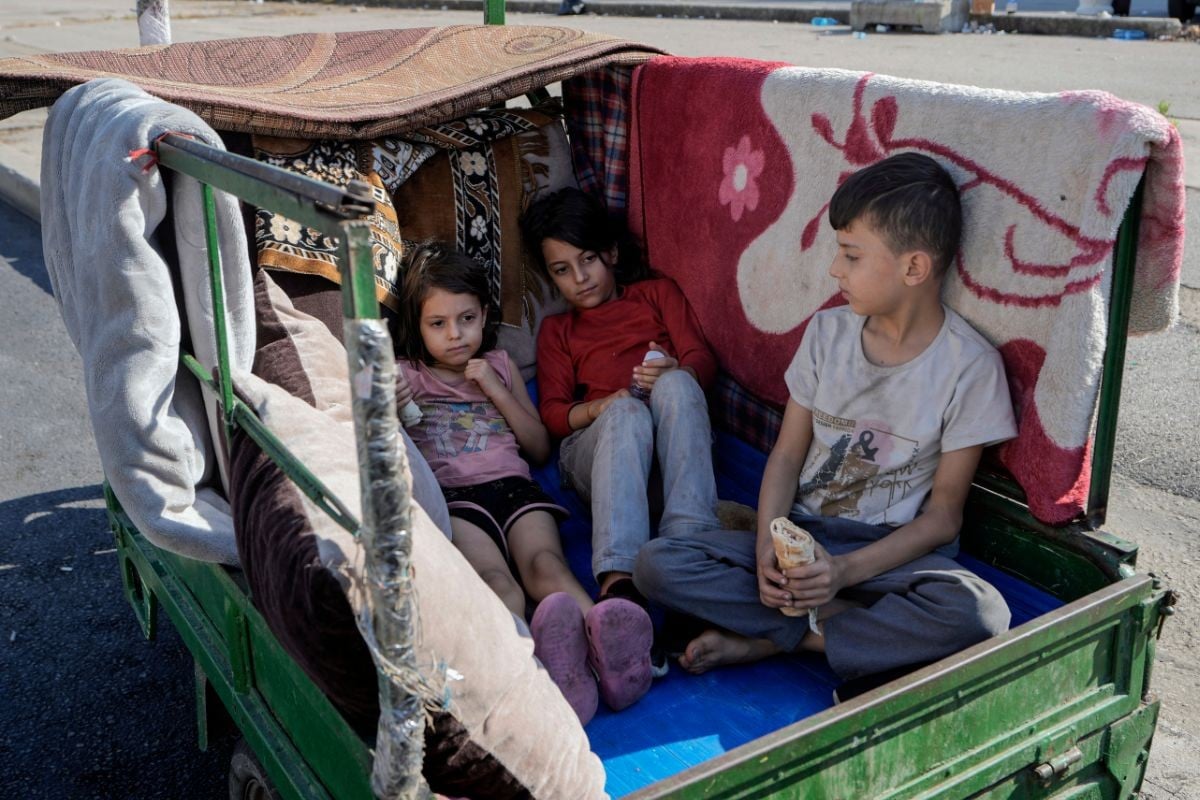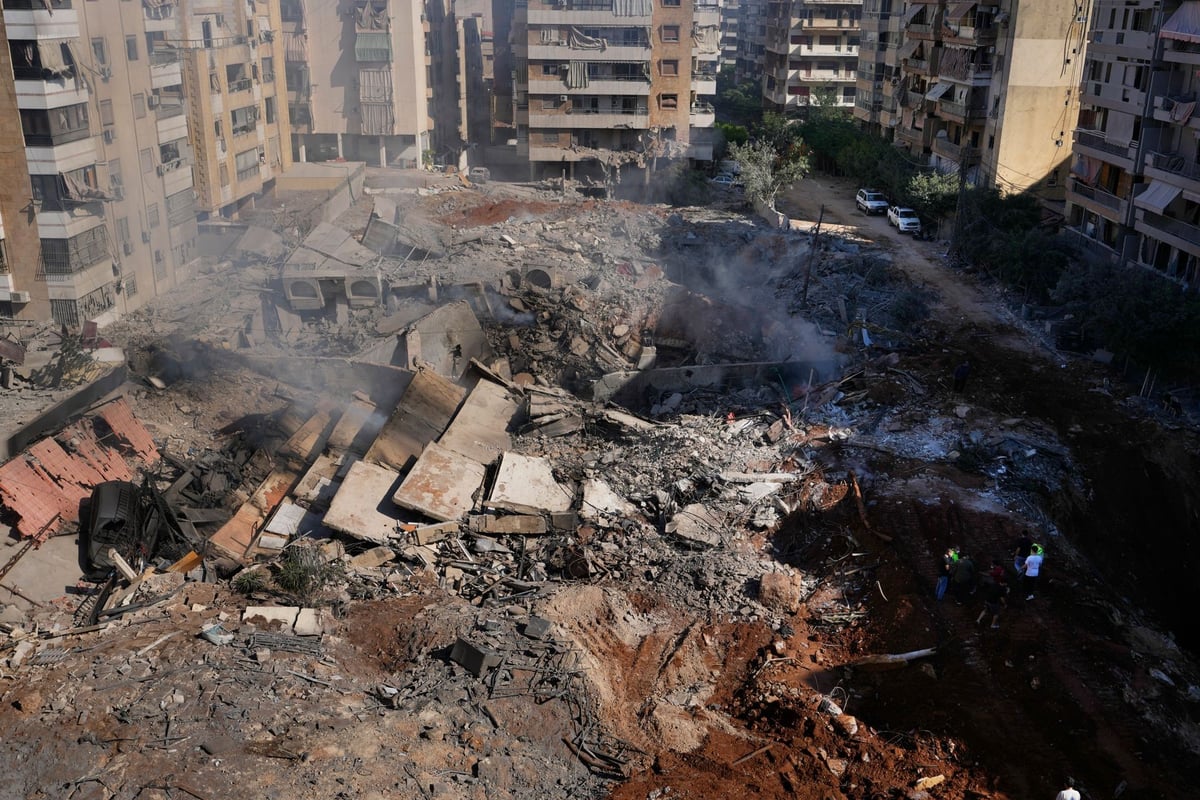
Over the weekend, Israel announced that it had killed the longtime leader of terrorist organisation Hezbollah, Hassan Nasrallah, in Lebanon.
The hit was confirmed after 12 days of increased fighting.
The escalation between Hezbollah and Israel, their latest round of warfare in four decades of on-off conflict, has been waged in parallel with Israel's war in Gaza against Hamas since the Iran-backed Palestinian group's attack on Israel last October 7.
Watch: Reaction to Nasrallah's assassination.
Israel's stated goal in Lebanon is to make its northern areas safe from Hezbollah rocket fire and allow thousands of displaced residents to return, but its strikes have also had a devastating impact on civilians in Lebanon.
It is the most ferocious onslaught of violence the country has seen since the civil war of 1975-1990, and Lebanon's health ministry says more than 1000 people were killed and 6000 wounded in the past two weeks, without saying how many were civilians.
The IDF strike that killed Nasrallah targeted Hezbollah's Central Headquarters, underneath residential buildings in Beirut.
 he site of the assassination of Hezbollah leader Hassan Nasrallah in Beirut's southern suburbs. Image: AAP/Hassan Ammar.
he site of the assassination of Hezbollah leader Hassan Nasrallah in Beirut's southern suburbs. Image: AAP/Hassan Ammar.




























































































